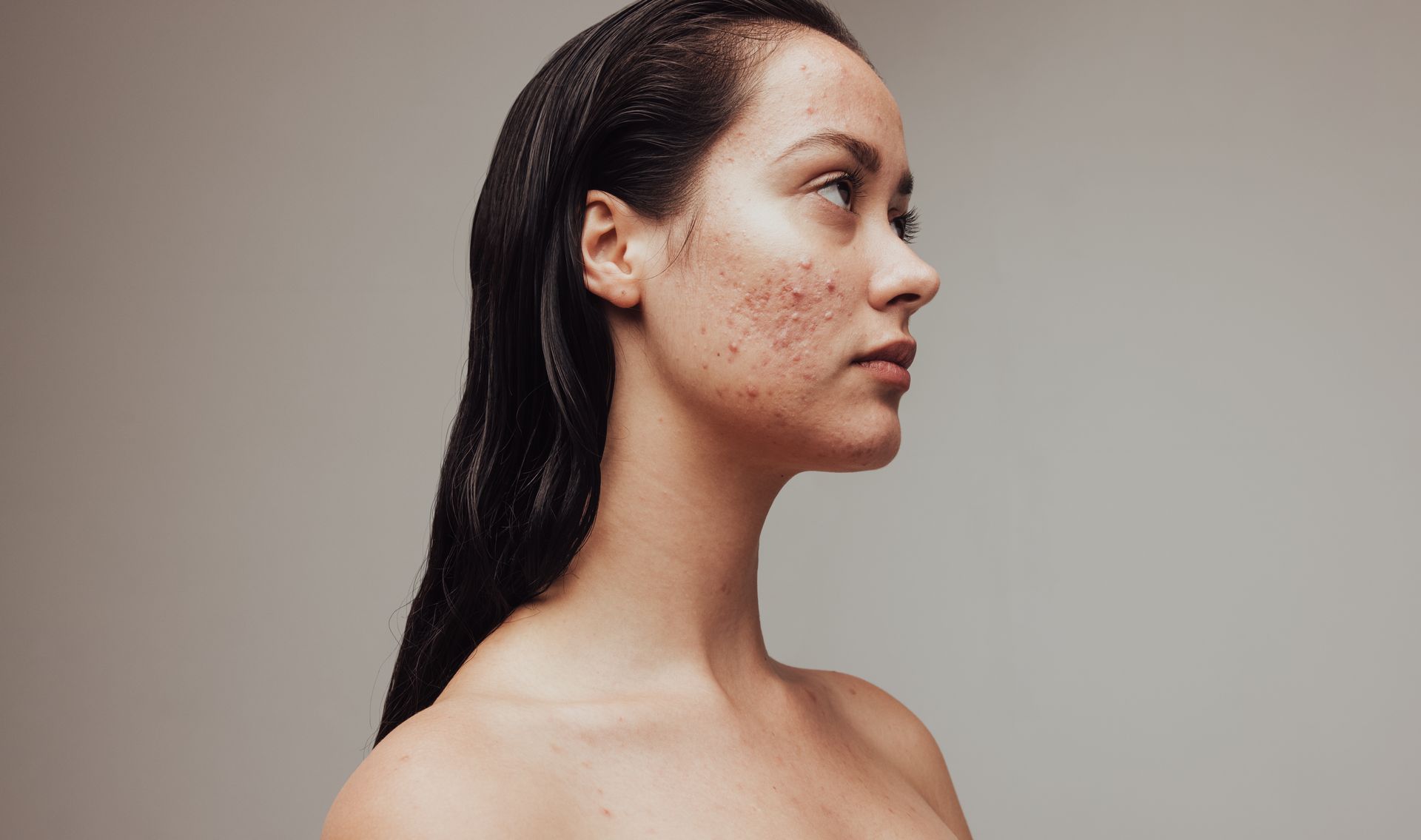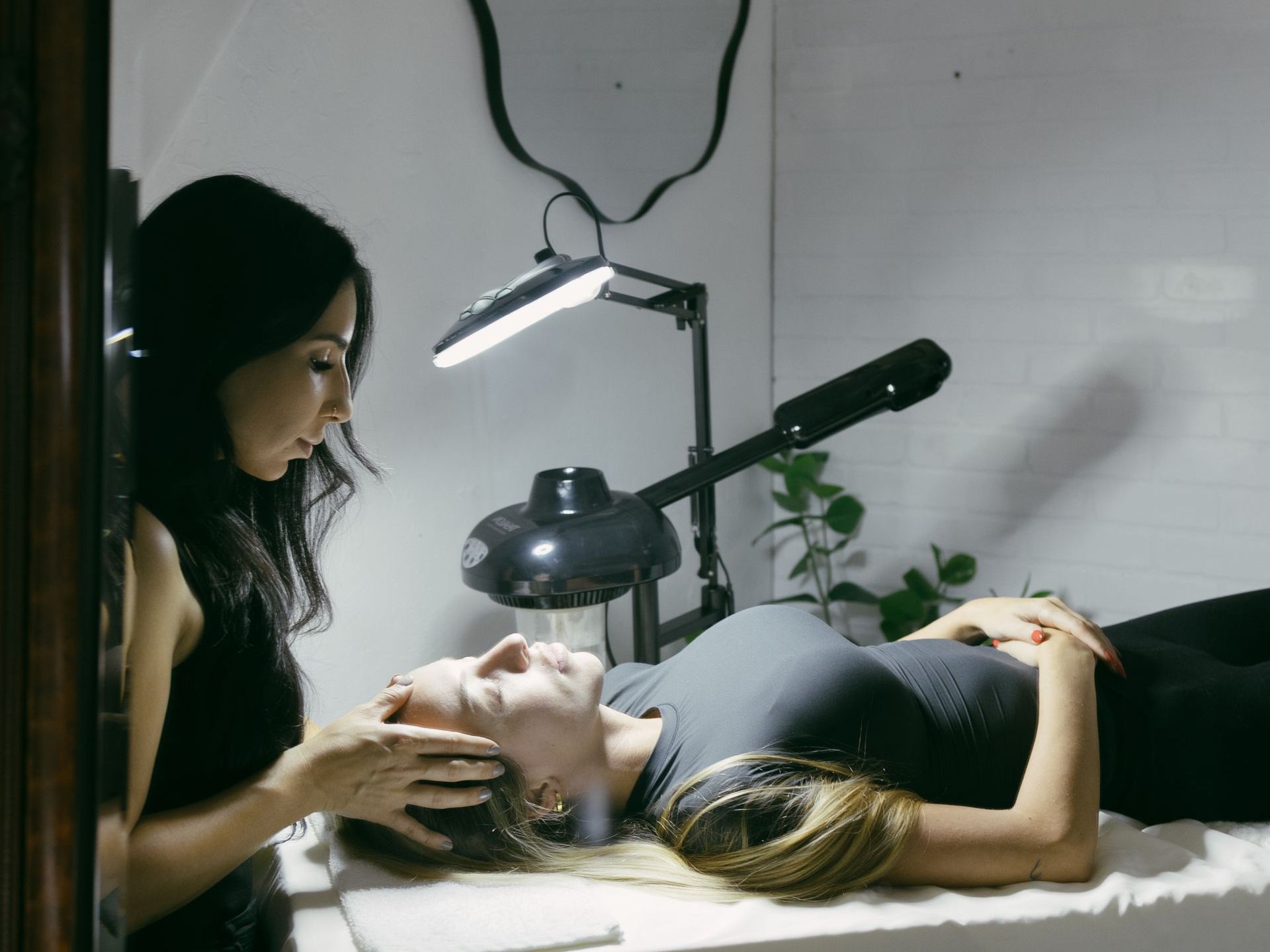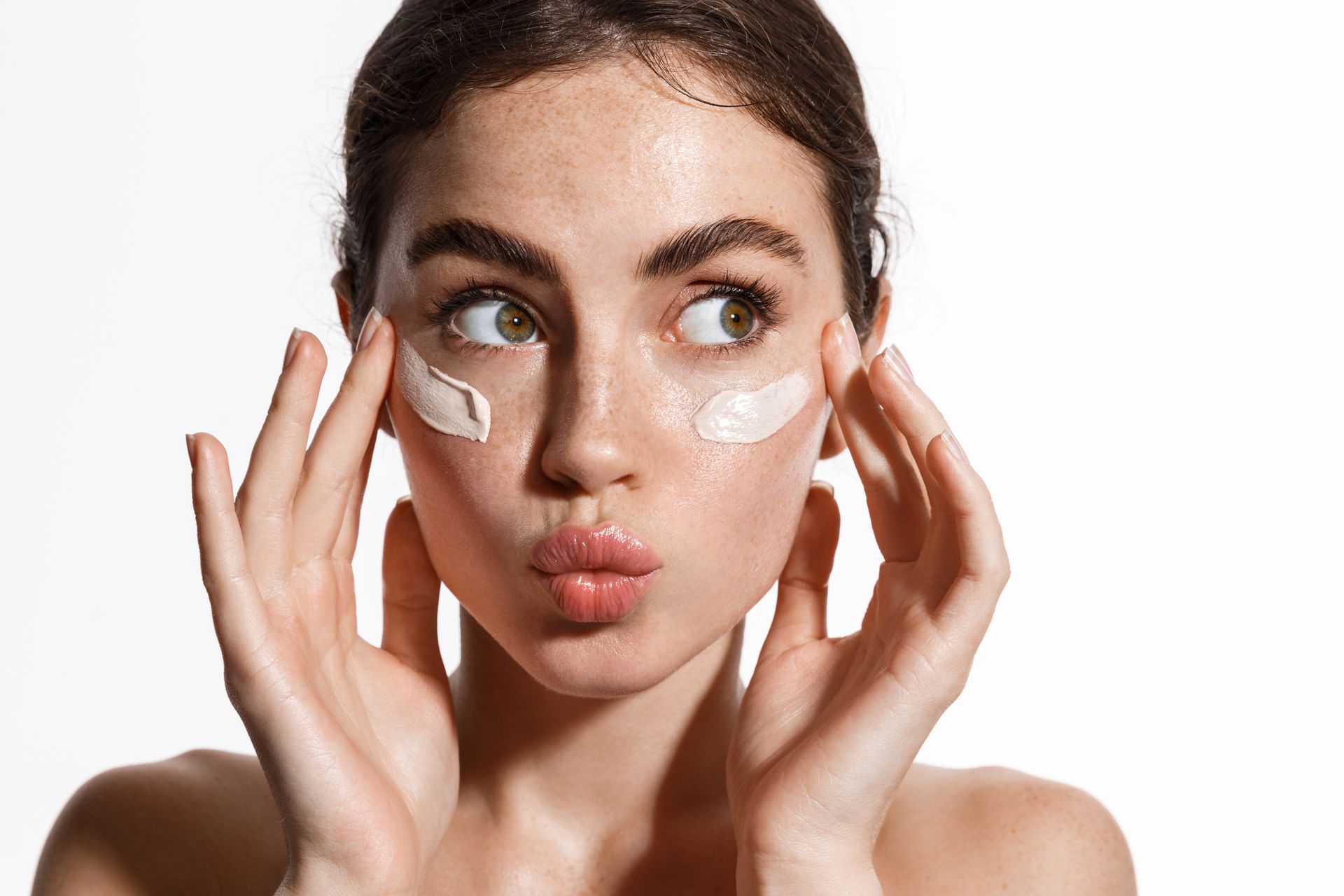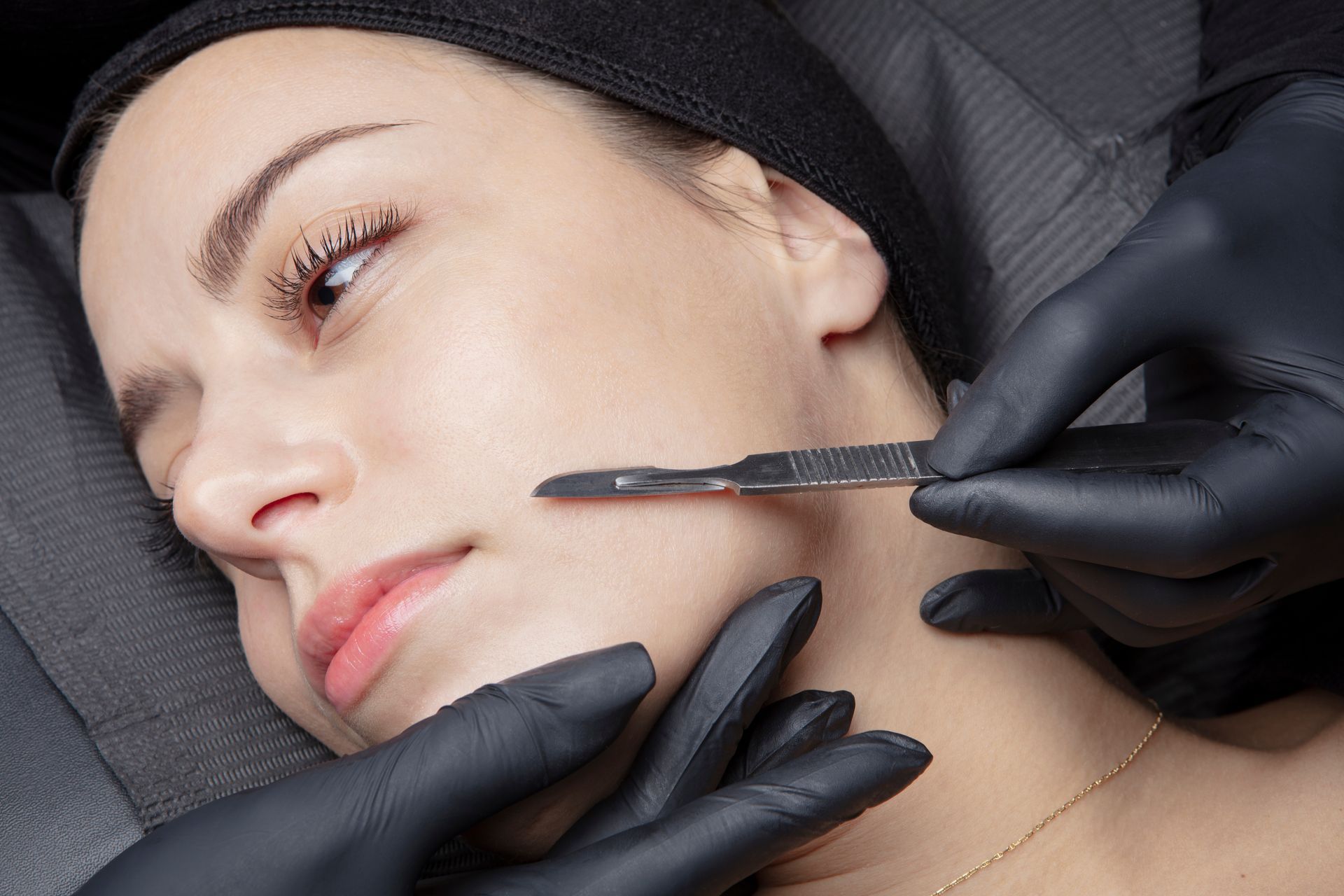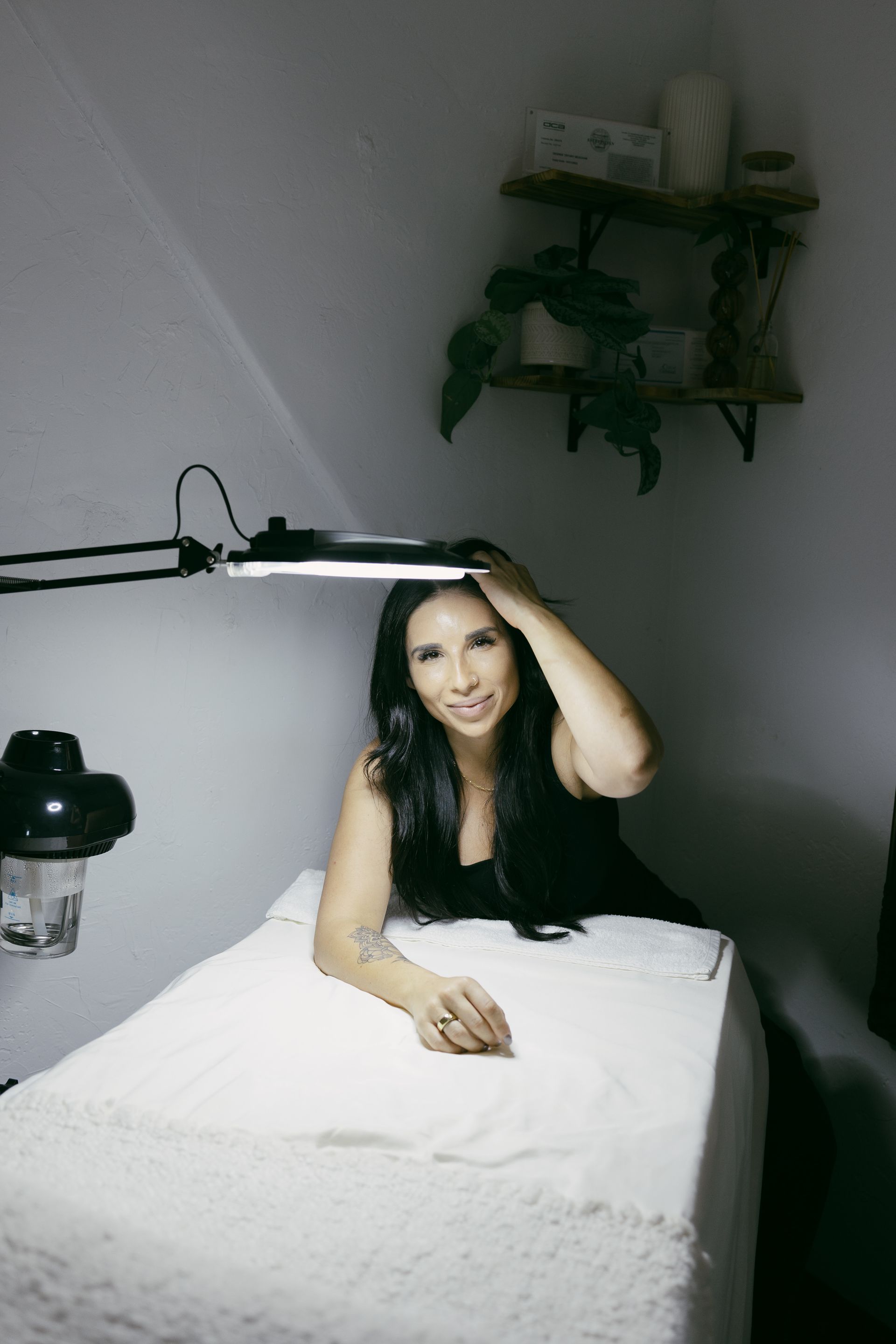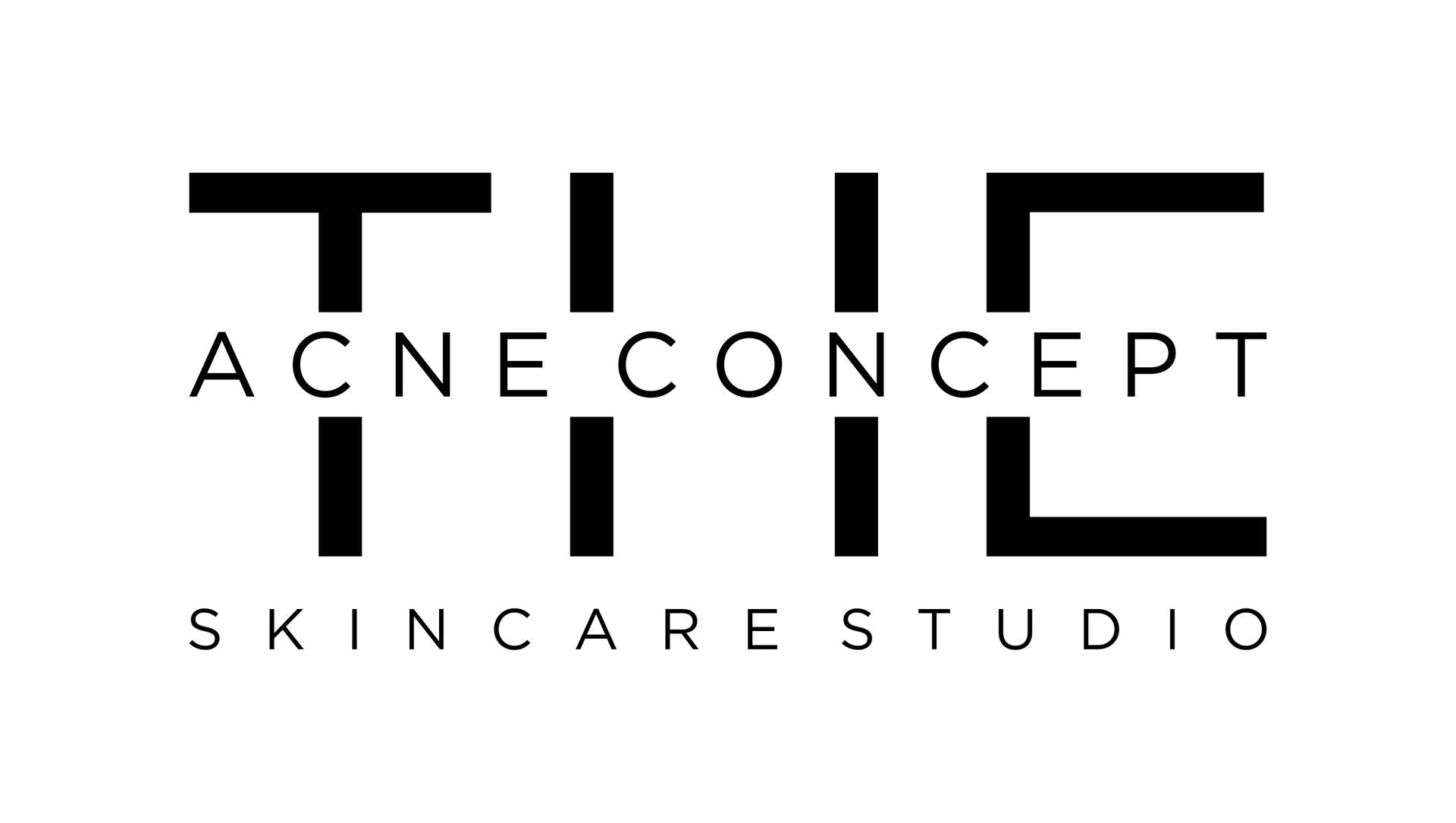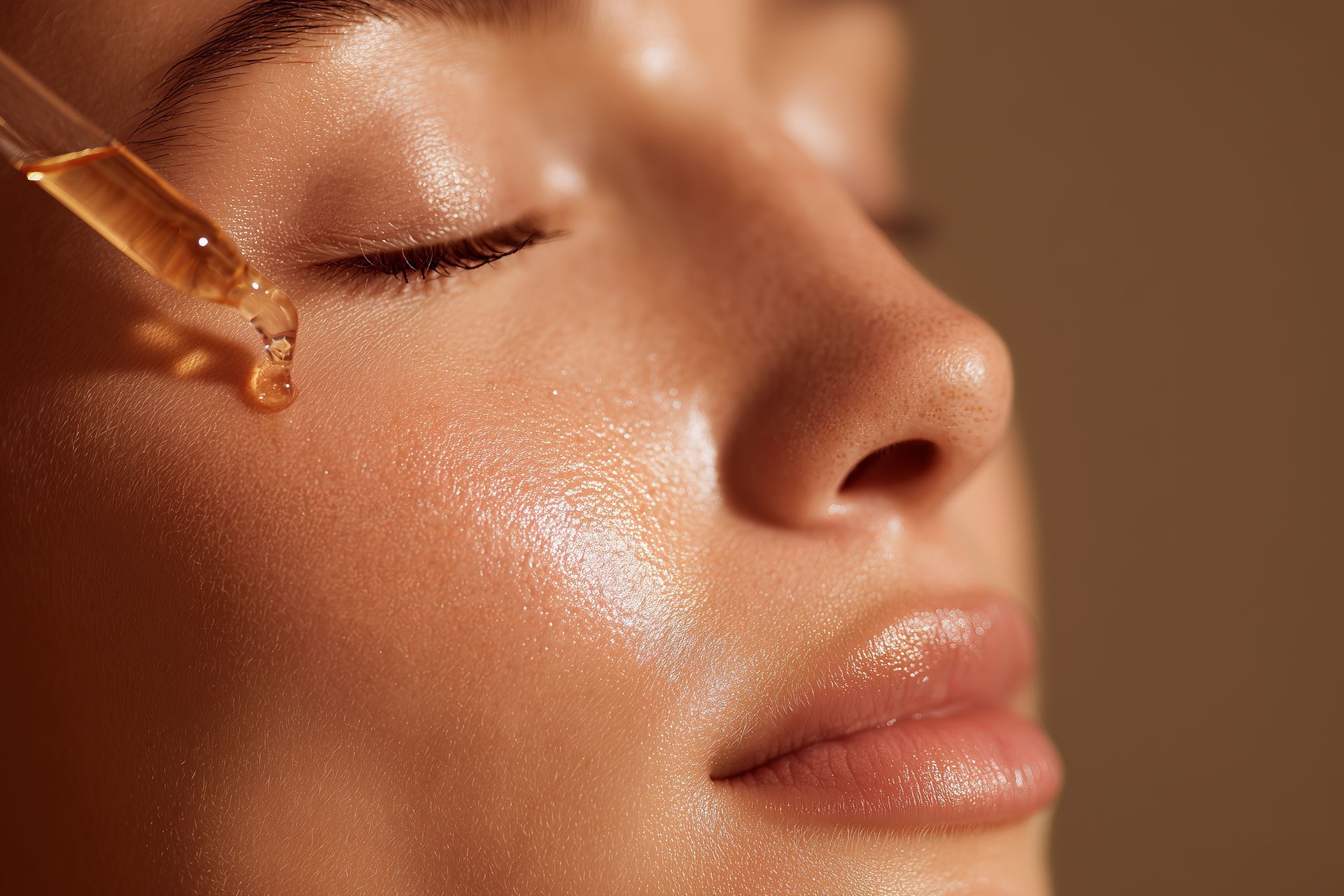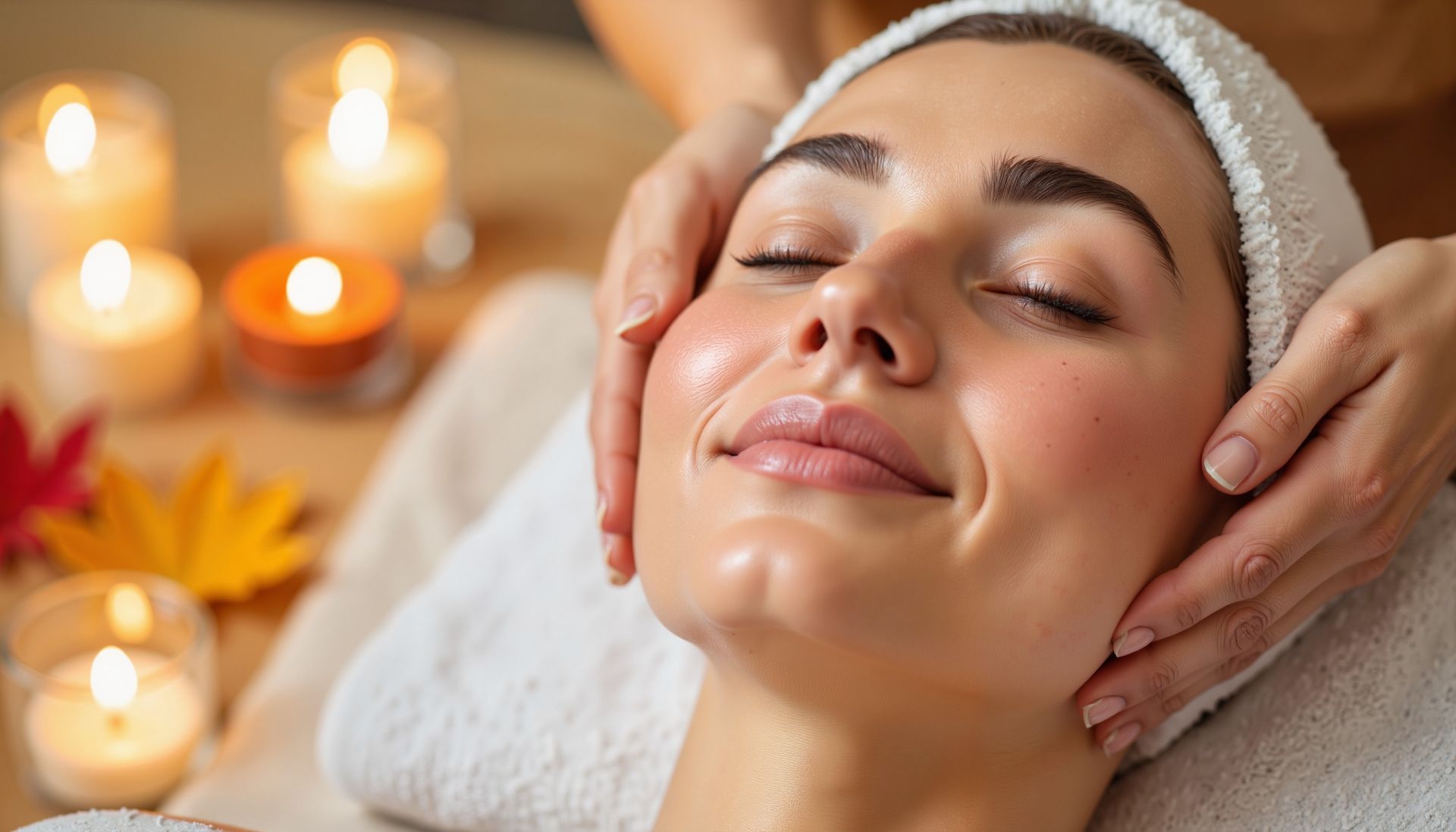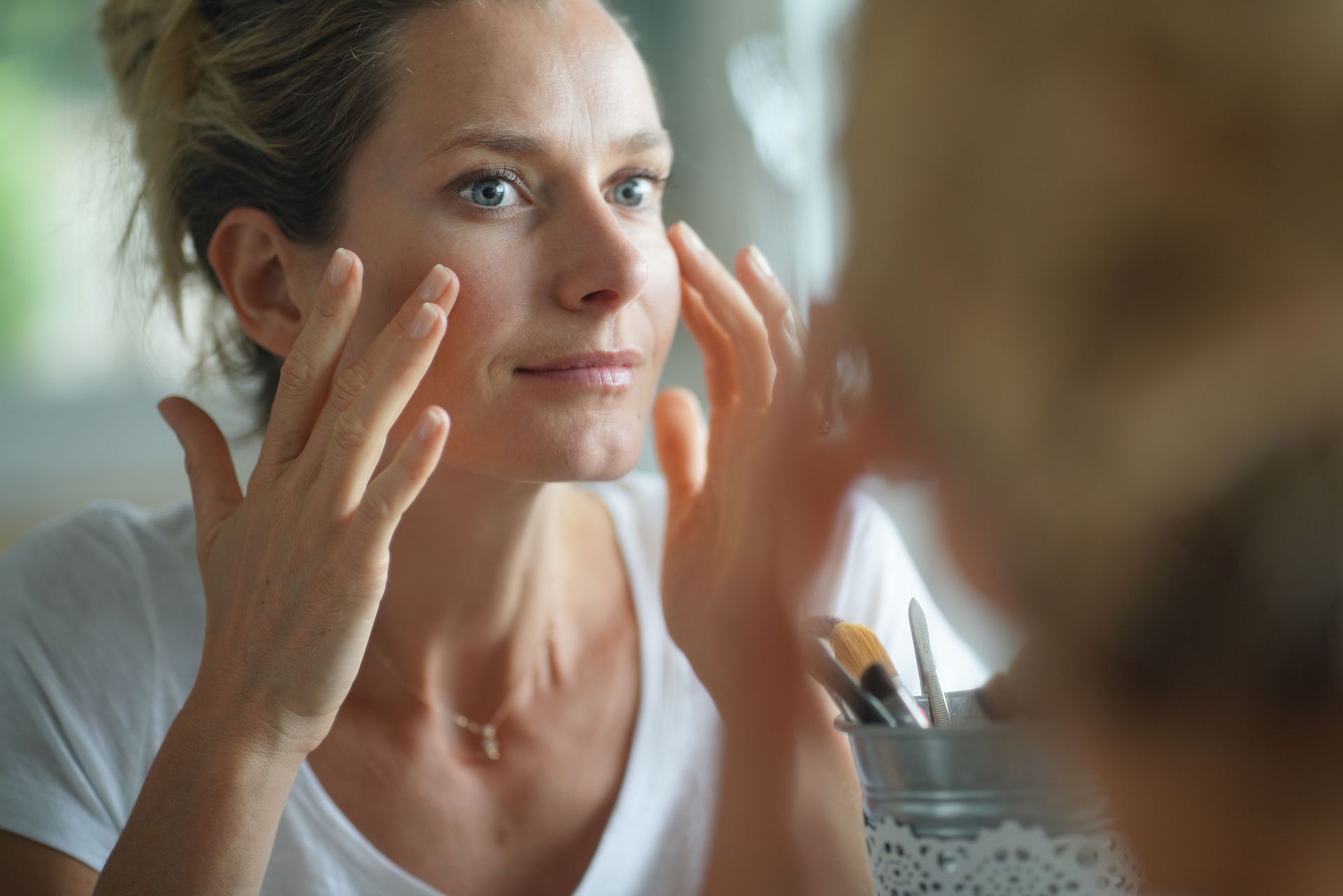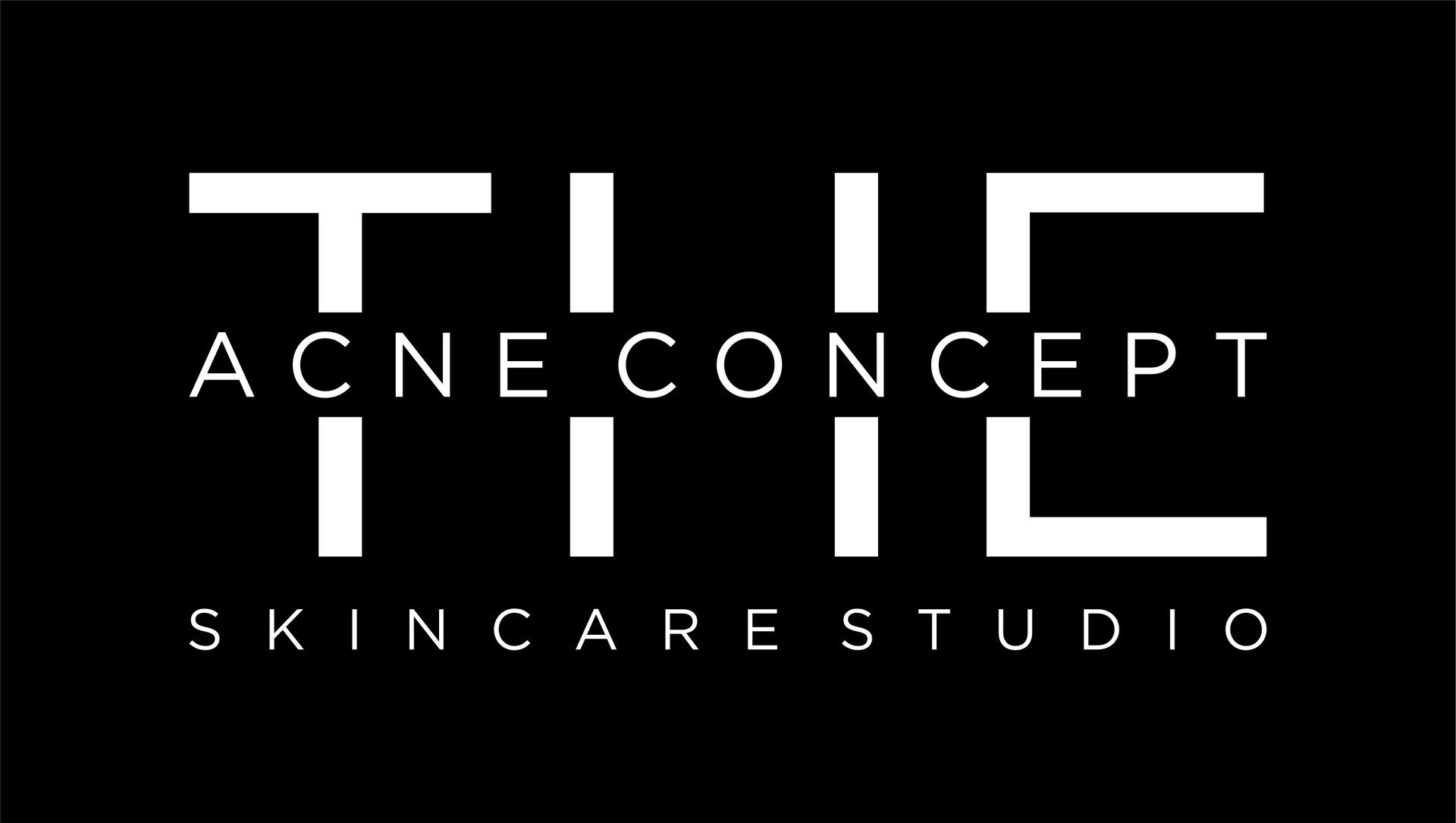Declutter Your Routine: How to Spot Hidden Acne Triggers in Your Products
If you’re doing all the right things—sticking to your skincare routine, avoiding picking, and staying hydrated—but your skin is still breaking out, it might be time to declutter your routine. Hidden acne triggers can lurk in the most unsuspecting places: your moisturizer, shampoo, even your laundry detergent. These culprits often come in the form of pore-clogging (comedogenic) ingredients, and spotting them is key to maintaining clear skin.
Let’s dive into how you can simplify your routine, identify sneaky acne triggers, and make informed product choices that support—not sabotage—your skin.
What Are Pore-Clogging Ingredients?
Pore-clogging ingredients are substances commonly used in skincare, body care, and hair products that can block your pores, trapping oil and bacteria under the skin—ultimately leading to breakouts. Even products labeled “non-comedogenic” or “for acne-prone skin” can sometimes include these ingredients.
Common offenders include:
- Coconut oil
- Isopropyl myristate
- Laureth-4
- Algae extract
- Sodium lauryl sulfate
These ingredients don’t affect everyone the same way, but if you’re acne-prone, it’s best to avoid them altogether—especially if you’re actively working to clear your skin.
Where to Look: More Than Just Skincare
Most people check their facial products but overlook other areas that matter just as much. I always recommend my clients check for pore-clogging ingredients every 3 months or when repurchasing anything that touches their skin.
Here’s what to review:
1. Skincare Products
Look at your cleanser, moisturizer, sunscreen, and makeup—especially foundation and primer. These are often layered on daily and have the biggest potential impact.
2. Hair Care
Yes, your shampoo and conditioner can break you out—especially along your hairline, forehead, back, and shoulders. Look out for waxes, oils, and conditioning agents that are known pore cloggers.
3. Body Products
Body lotion, body washes, and even shaving creams can contain ingredients that aggravate body acne. If you’re breaking out on your chest or back, start here.
4. Laundry Products
Fabric softeners, dryer sheets, and even detergent residues can transfer to your pillowcases, towels, and clothing. These can leave behind a film that irritates acne-prone skin.
How to Read Product Labels Like a Pro
Learning to decode ingredient lists can feel overwhelming, but here are a few tips to make it easier:
- Look up every ingredient: If you're unsure about an ingredient, compare it against a trusted list of comedogenic ingredients.
- Don’t rely on marketing claims: Words like “natural,” “dermatologist-tested,” or “acne-safe” aren’t regulated and don’t guarantee the product is free of acne triggers.
- Check the first 5 ingredients: These are usually the highest concentration. If a pore-clogging ingredient appears here, it’s best to skip it.
- Use our free checklist: To make things simple, I recommend using the Pore-Clogging Ingredient Checklist from Face Reality. It’s the exact list I provide to my clients and use myself. Bookmark it, print it out, and refer to it often!
Why Decluttering Your Routine Matters
When your skin is breaking out, it’s tempting to pile on more products. But sometimes, the best thing you can do is simplify. Streamlining your routine not only reduces your exposure to potential triggers, but it also makes it easier to track what’s actually working.
Decluttering your products allows you to:
- Identify and eliminate hidden pore-cloggers
- Prevent future breakouts
Build a skincare routine that’s focused, effective, and empowering
Need Help? We’ve Got You.
If you’re tired of guessing what’s triggering your breakouts, you don’t have to figure it out alone. As a certified Face Reality Acne Specialist, I help clients every day uncover hidden acne triggers and build customized, clear-skin routines that work.
If you’re ready to go deeper and start a personalized journey to clearer skin, check out our Acne Bootcamp program at The Acne Concept. It’s designed to combine expert guidance, targeted treatments, and supportive education—starting with a deep dive into your products and daily routine.
Because clear skin isn’t about doing more—it’s about doing the right things, consistently.
